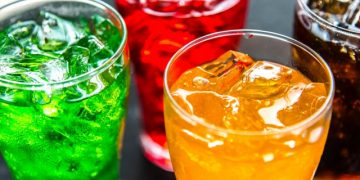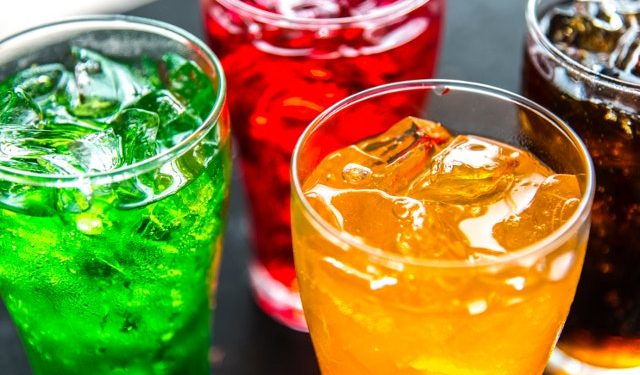By Ere-ebi Agedah
Nigerian Cancer Society in conjunction with National Action on Sugar Reduction, NASR have called on the federal government to initiate plans to raise tax on sugar-sweetened beverages, saying the 10 Naira per litre excise tax enacted through the 2021 Finance Act is not enough.
According to the organisations, sugar-sweetened beverages are loaded with refined sugars and contain very little or no nutritional value, as such consuming them raises the risk of chronic illnesses like type 2 diabetes, high blood pressure and stroke and cancers.
In a statement signed by Dr Adamu Alhassan Umar, President of the Nigerian Cancer society and co-chair of the of the National Action for Sugar Reduction, NASR , he refuted claims by the Manufacturers Association of Nigeria, MAN that the 10 naira per litre excise tax will “kill” the beverage sector.
MAN also says the 10 naira per litre excise tax is already having devastating effects on consumers, a claim the society and NASR insist is untrue.
“There’s no evidence that the N10/litre tax has had any such effects on the industry. On the contrary, the 10 naira per litre tax is not sufficient to reduce consumption and consequently, the devastating diseases that result. The National Action on Sugar Reduction coalition maintains that the current SSB tax rate must be raised in line with the good intentions of government in order to achieve a significant impact on SSB consumption patterns and, ultimately, a decline in NCDs.
“These diseases are very expensive to treat, with humongous financial costs that weigh most heavily on low-income families. The SSB tax is designed to reduce consumption of these harmful products and ultimately prevent noncommunicable diseases. Increasing SSB taxes will improve the health impact of taxation” Dr. Umar says.
He said Nigeria needs more policies that will assist in protecting public health and raise revenue for healthcare.
Sugar-sweetened beverages taxes he added can improve health by leading consumers to buy less and lowering the risk of noncommunicable diseases.
“It has been scientifically proven that the global burden of NCDs has been on the increase. A key risk factor for NCDs is, obesity which has a direct link to sugar sweetened beverage consumption. Hence an appropriate tax rate on SSBs is an attractive measure to curb the rising trends of NCDs” he stressed.
According to him, countries like South Africa, Mexico and the Philippines, have since commenced the implementation of sugar-sweetened beverages tax, urging Nigerians to ignore the claim by MAN that SSB taxes have led to job losses.




































